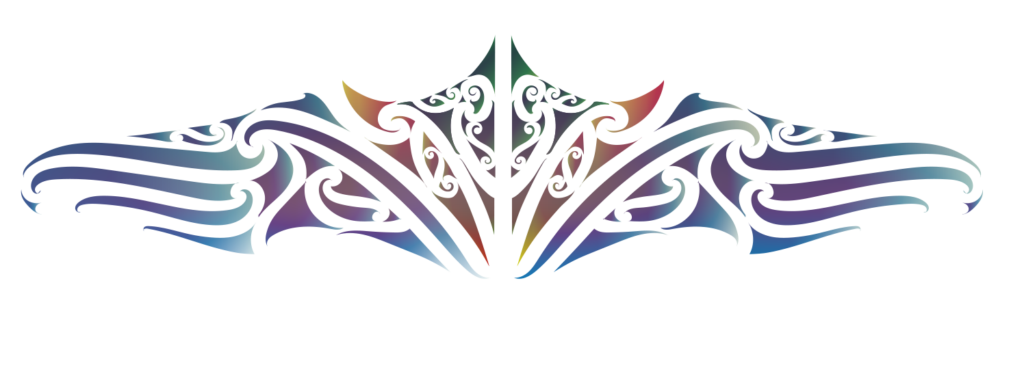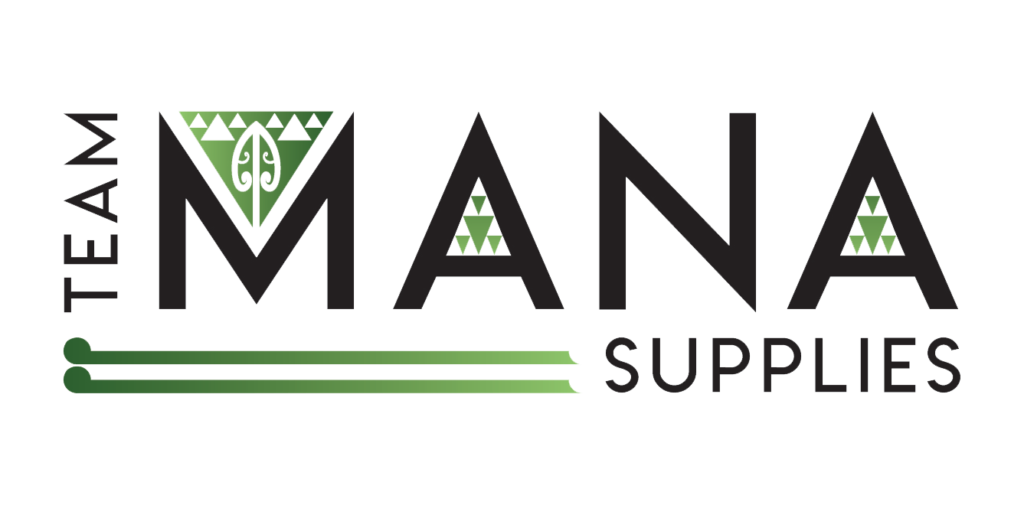Transmission of Traditional Food and Plant Knowledge: What’s age got to do with it?
Knowledge of traditional food and cultural practices are strongly linked to Social and Emotional Wellbeing (SEWB) or Aboriginal and Torres Strait Islander peoples. The promotion of traditional food and food practices through community lead interventions may be a means to improving SEWB. However, a greater understanding of traditional food knowledge transmission and acquisition is required. Two separate but interlinked studies were conducted to supplement the limited body of research on the transmission and acquisition of traditional food and plant knowledge.
Methods: The perspectives and experiences of Elders and young adults of the Ngunnawal and Yuin nations were investigated using in-depth interviews and thematic analysis of those interviews.
Results: Young adults had a strong desire to learn more about traditional food and food practice, but faced difficulties balancing knowledge acquisition with work and domestic responsibilities. Elders in both communities demonstrated extensive knowledge of traditional food and medicinal plants, including use and preparation as did a few young adults. A common desire to keep this knowledge alive was noted among all participants.
Conclusions: Interventions which promote traditional food knowledge amongst young adults have the potential to improve SEWB. Additional larger scale studies required. More importantly age appropriate Cultural Education/Knowledge programs utilising Traditional Knowledge systems need to be developed. This may spark the cycle of learning and teaching regarding traditional plants and their usage, giving control over medicinal food choices.




